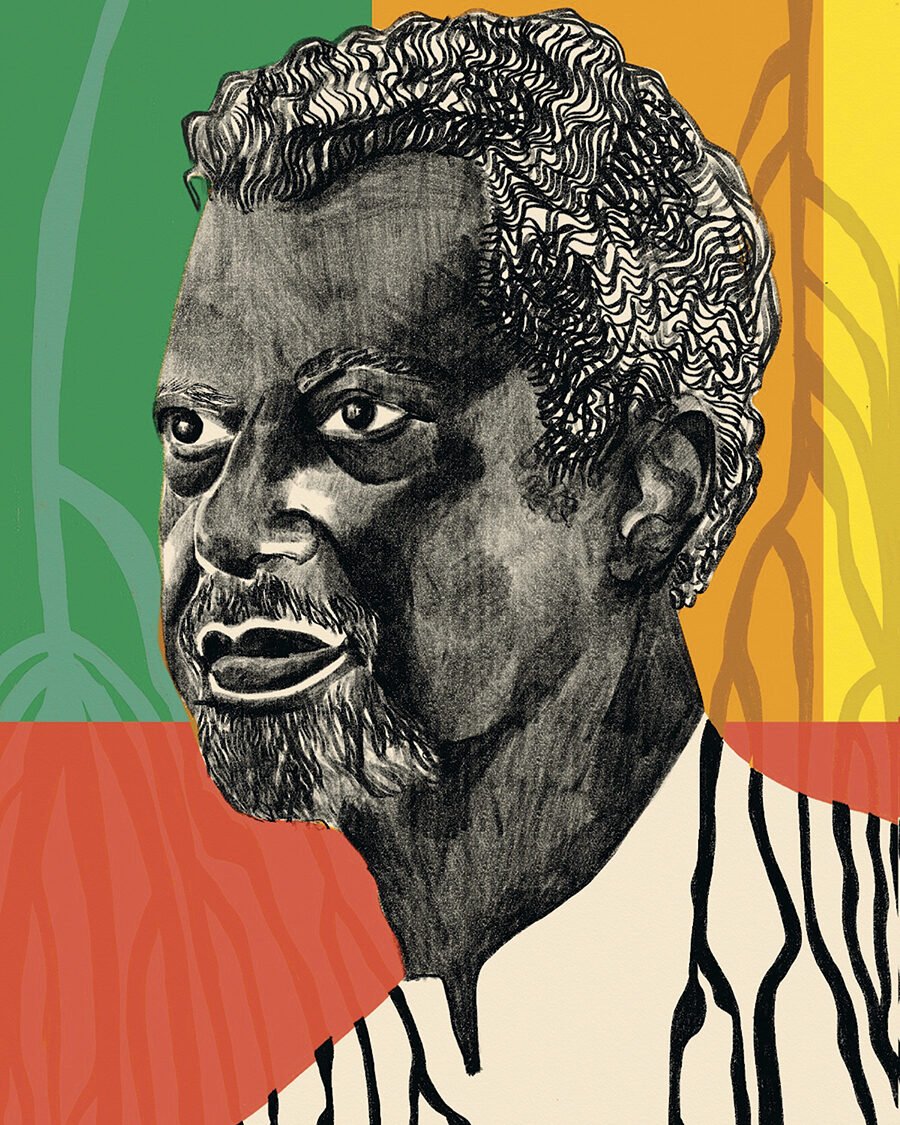
Illustration by Diana Ejaita
Discussed in this essay:
Memory of Departure, by Abdulrazak Gurnah. Bloomsbury. 208 pages. $17.
By the Sea, by Abdulrazak Gurnah. Bloomsbury. 245 pages. $12.
Afterlives, by Abdulrazak Gurnah. Riverhead. 320 pages. $28.
Admiring Silence, by Abdulrazak Gurnah. Bloomsbury. 272 pages. $18.
Desertion, by Abdulrazak Gurnah. Anchor. 262 pages. $23.
Paradise, by Abdulrazak Gurnah. The New Press. 256 pages. $22.95.
A tree-lined street in Southsea, on the southern coast of England, is not where the Sultanate of Zanzibar would have been expected to come to an end. But…






















































































